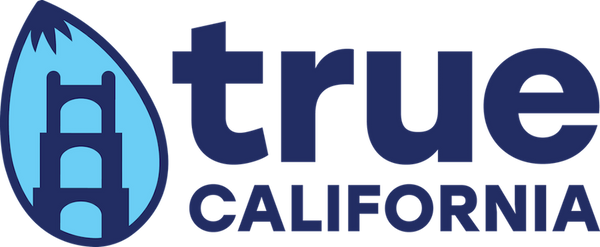We hope you're all having a strong start to the new year! We're starting 2022 with an interesting question that's been running through our minds recently. Is sodium really that bad for us?
All my life I've been told to watch out for too much sodium or limit how much of it I eat. Too much salt is horrible for me they said. I'm sure I'm not the only one who has been told this, and for the most part, that's true.
It's no secret that too much sodium can lead to health problems like high blood pressure. Too much can cause some people's bodies to increase their blood volume, which makes their heart work extra hard. Excess sodium in your system can also cause your system to lose more calcium faster. And if your body needs calcium to function, it will start taking it from your bones, which can lead to other diseases like osteoporosis.
It sounds all bad but sodium can help too. Sodium is an essential mineral and electrolyte. It helps you system send messages to and from your brain. It also helps relax and contract your muscles. Sodium helps your system retain water in your tissues and keeps your fluids in a balanced state. It's especially important for athletes and active people who sweat to maintain a healthy level of sodium, which could mean adding a little more salt to their diet than the average person. Low sodium can lead to headaches, fatigue, and actually raise cholesterol in some people. Low sodium can also lead to excess sweat and dehydration, which is also very bad.
OK. So we know we need some sodium but how much is too much? No one can agree. The US Department of Health suggests 2,300 mg of sodium per day, which is about 1 teaspoon of salt. The Institute of Medicine says 1,500 mg, the WHO (world health org.) says 2,000 mg, and the American Heart Association says 1,500 mg. A study shows that today's Americans consume about 3,400 mg per day. In our opinion, it's better to err on the safe side and skip the table salt. There's usually enough sodium in the foods you eat throughout the day.
If you can't limit your sodium to 1,500 mg per day or don't know when to stop, there are other ways to combat high blood pressure and still keep a healthy balance.
- Exercise - try to get some aerobic exercise mixed in with strength training and a good sweat!
- Eat more Fruits, Veggies, and Nuts - these foods have important nutrients to naturally lower blood pressure like potassium and magnesium.
- Consume Fewer Calories - can't control your sodium intake? Well, intake less overall.
- Limit Alcohol - alcohol can lead to high blood pressure so this needs to be limited to 1 or 2 drinks per day.
When it comes down to it. It seems like moderation is always key. There are stories of people feeling much better when adding more salt to their diet. And of course, there are way more stories of people needing to cut back on salt because of health problems. In the end, eat well, sleep, hydrate, and exercise! There's no "easy button" to stay healthy. At least, we haven't found it yet. =)
More Reading for More Info
- https://www.shape.com/healthy-eating/diet-tips/health-benefits-sodium
- https://www.healthline.com/nutrition/sodium-per-day#other-tips
- https://www.dripdrop.com/blog/dehydration-science/is-sodium-bad-for-you
- https://www.health.harvard.edu/nutrition/how-to-stay-in-the-sodium-safe-zone
- https://healthyeating.sfgate.com/much-sodium-bad-5322.html
- https://www.livestrong.com/article/461032-what-to-do-if-you-have-low-sodium-levels/

